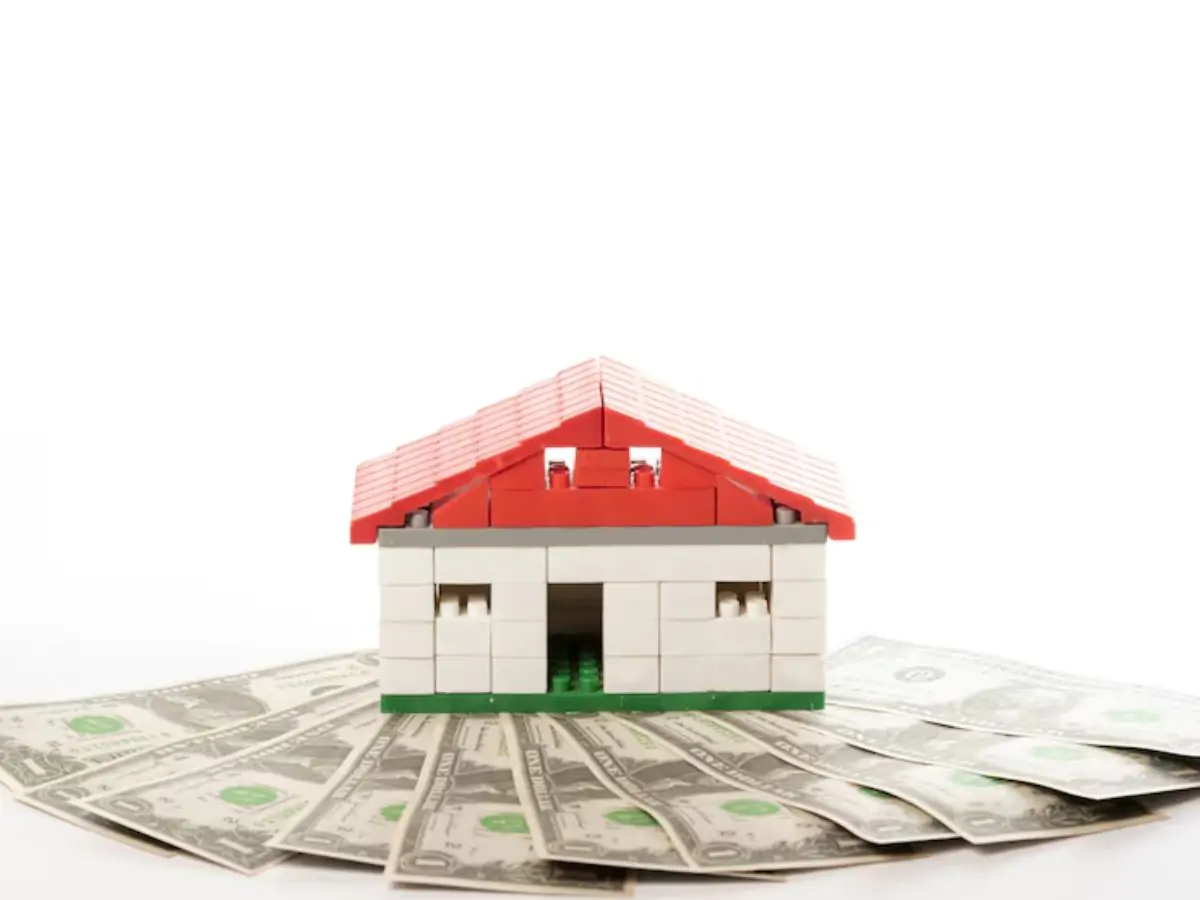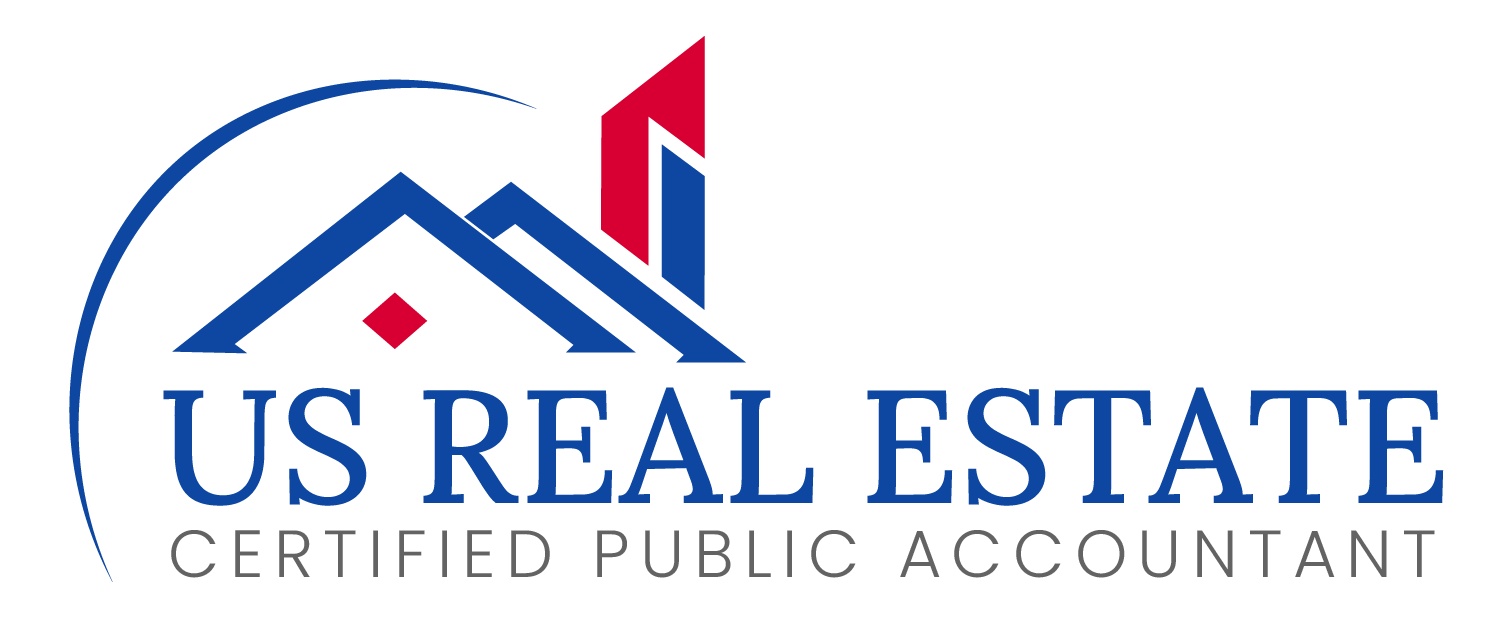
How to Become a Landlord: What It Really Takes (And What No One Tells You)
With rents climbing and home prices often out of reach, many people are sticking to renting—and some are thinking of flipping the script. If people are willing to pay rent, why not be the one collecting it?
Becoming a landlord might sound like a pretty sweet deal. Monthly rent checks roll in, you build equity in a property you don’t even live in, and you’ve got an asset that (hopefully) gains value over time. But hold up—it’s not all passive income and peace of mind. If you’re thinking about renting out a room, an apartment, or an entire property, there are a few realities you need to face first.
Here’s what it really takes to be a landlord—no sugarcoating, just straight talk.
1. Can You Afford to Be a Landlord?
Let’s start with the most important question: can your wallet handle it?
Owning rental property is a financial juggling act. Ideally, the rent you bring in should cover your mortgage, taxes, insurance, and maintenance, with a little left over. But that’s not always how it plays out.
Some months you’ll be patting yourself on the back. Other months, you might be paying out of pocket because your tenant moved out early or the water heater exploded.
Seasoned investors recommend making sure your rent covers at least 10 months of your annual costs. That way, even if your place is vacant for a month or two, you’re not scrambling. A financial cushion is your best friend here.
Bottom line: Being a landlord means preparing for the “what-ifs,” not just counting on steady rent.
2. Picking the Right Property
Not all rental properties are created equal. A cute fixer-upper in the middle of nowhere might look like a bargain, but if you’re spending every weekend driving two hours to deal with leaky plumbing, it’s probably not worth it.
Ask yourself what your goal is. Are you in it for monthly cash flow or long-term appreciation? Do you want low maintenance or don’t mind putting in some sweat equity?
And here’s a quick reality check from Ed Laine, a broker from Seattle:
“If a tree branch crashes through your tenant’s window at 2 a.m., how far are you willing to drive to fix it?”
That image alone should help you decide how close to home you want your rental to be.
Also, make sure the property meets building codes and is “rent-worthy.” A checklist can help you inspect everything from working smoke alarms to plumbing issues. It’ll also come in handy when tenants move out and you’re checking for damage.
3. Good Tenants Are Everything
You could own the perfect property, but if you rent it to someone who never pays on time or throws wild parties every weekend, you’re in for a rough ride.
Tenant screening is not optional, it’s essential. And these days, it’s easier than ever. There are services that will run background and credit checks, but you can also do a little digging yourself. Just make sure to get their permission before pulling credit (it’s the law), and don’t skip checking court records. Many are public.
Once you’ve found someone you’re comfortable with, it’s lease time. A solid lease should spell out rent, due dates, late fees, and the conditions under which someone could get evicted. Think of it as your safety net. If something goes sideways, that piece of paper could save you a lot of money and stress.
4. Know What You’re Liable For
When you become a landlord, you’re taking on legal responsibility, whether you realize it or not.
If a tenant slips on a broken stair, or a faulty heater causes a fire, guess who’s potentially on the hook? You. That’s why regular homeowners insurance won’t cut it. You need landlord insurance, which includes both property coverage and liability protection.
Tip: Talk to your insurance provider and ask specifically about landlord policies. It’s better to over-insure than to be caught off guard.
You also need to get familiar with local laws about evictions, lease terms, habitability standards, and repairs. Resources like Avail.co are a great starting point.
5. Be the Landlord You’d Want to Have
Once the lease is signed and the keys are handed over, you can kick back, right? Not quite.
Being a good landlord doesn’t mean being a pushover, but it does mean being responsive and fair. Tenants are more likely to take care of your property—and stick around—if they feel like you care.
There are laws requiring landlords to handle major issues quickly, especially anything that affects habitability. That means heat, electricity, water, and safety concerns have to be addressed ASAP—usually within 24 hours. If not, you may be on the hook for temporary housing.
But what about smaller issues like a squeaky floorboard or an outdated shower head?
“If it still works, the landlord doesn’t have to fix it,” says Laine.
“But if it keeps your tenant happy and it’s a cheap fix? Do it.”
Keeping tenants happy isn’t just about being nice—it’s good business. Less turnover means fewer costs and less hassle for you.
6. Should You Hire a Property Manager?
After all that, you might be thinking: This sounds like a full-time job. Sometimes, it is. And if that doesn’t sound like something you want to deal with, there’s an option: hire a property manager.
A good property manager takes care of everything—screening tenants, collecting rent, dealing with complaints, coordinating repairs. You just sit back and (hopefully) collect your share of the income.
Of course, they don’t work for free. Property managers typically charge 8% to 12% of the monthly rent. But for many landlords, the time and stress saved is well worth the cost.
Think of it this way: If getting a call about a clogged toilet at midnight would ruin your weekend, a property manager might be your best friend.
Final Thoughts: Do You Have What It Takes?
Becoming a landlord can be a smart financial move—but it’s not for everyone.
It takes patience, planning, and a thick skin. You’re not just investing in property, you’re signing up to run a business. That means budgeting for unexpected expenses, staying on top of legal requirements, and keeping real people (your tenants) reasonably happy.
But if you go in with your eyes open—and your finances in order—it can be a rewarding path. Not just financially, but also in terms of building long-term wealth and stability.
Just remember: the landlord life isn’t all about collecting checks. Sometimes, it’s about changing lightbulbs, fixing leaky faucets, and answering awkward phone calls at odd hours. But if you’re up for it, the payoff can be worth it.



